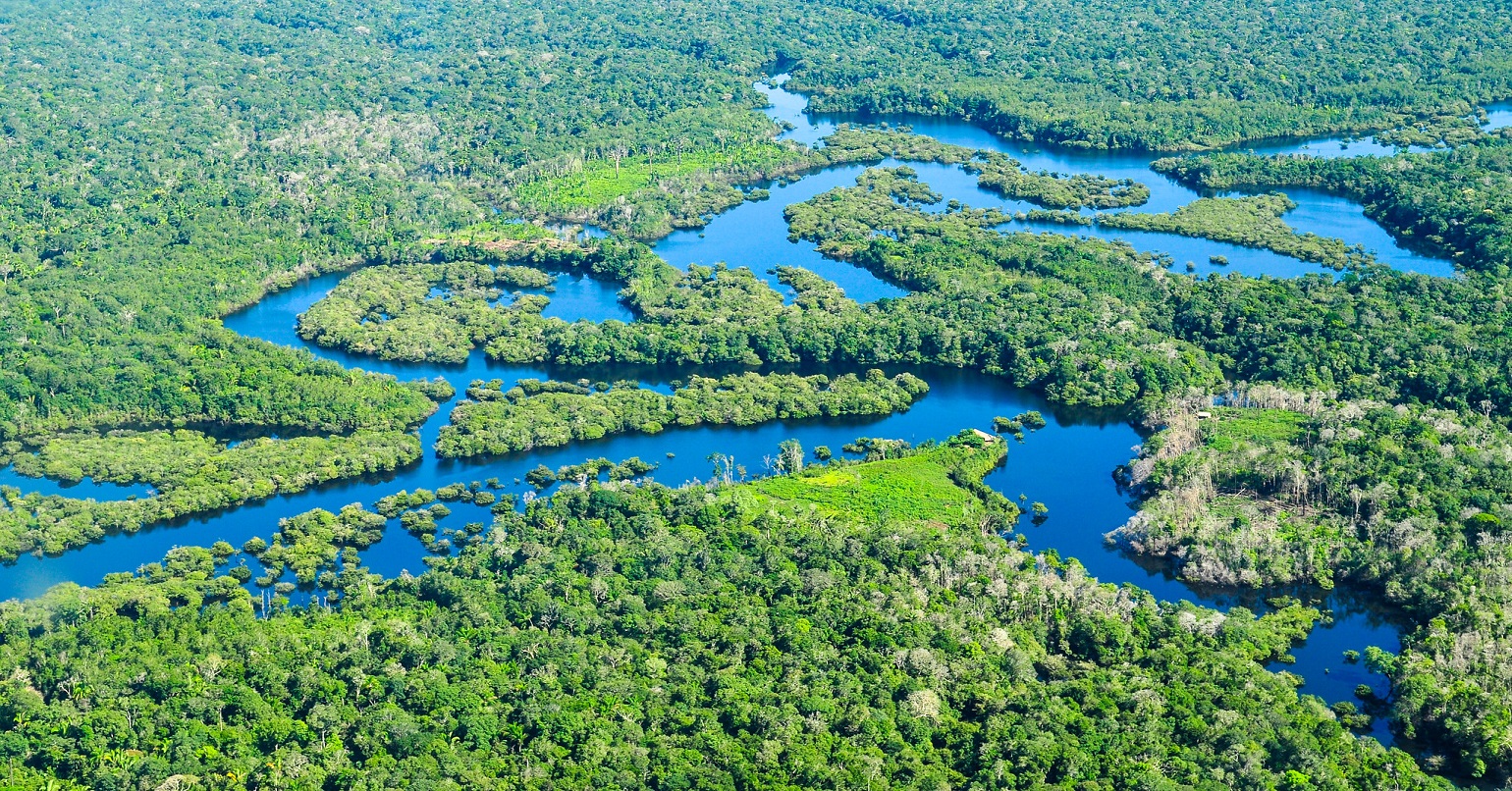researching the use of forests in indian himalaya ...
#indien #india #forest #landwirtschaft #agriculture #ökologie #ecology

Revolutionising Himalayan Agriculture: The Magic of Nepalese-Alder Forests
Imagine a world where forests aren't just pretty backdrops, but vital life-giving forces. A recent study from Jawaharlal Nehru University has revealed a fascinating secret: the type of forest can significantly impact the health of nearby farmland. Researchers found that broadleaf forests, with their wider leaves, are more beneficial to soil health than coniferous forests. These forests promote the growth of beneficial microbes, increase organic matter content, and release essential nutrients, leading to healthier and more productive farms.
 An Agricultural Farm Near Forest
An Agricultural Farm Near Forest
The research, led by Shankar and Garkoti (2024), published in journal Science of The Total Environment, highlights the pivotal role of Nepalese-alder (Alnus nepalensis) forests in enhancing soil quality and nutrient availability. This remarkable improvement is largely attributed to the alder’s nitrogen-fixing capabilities and higher microbial biomass, which contribute to better soil structure, increased organic matter, and enhanced microbial activity. These findings underscore the critical role of forest vegetation in maintaining soil health and productivity in agroecosystems, highlighting the need for strategic forest management practices.
 Ecologist Anand Shankar, Ph.D Scholar with School of Environmental Sciences in Jawaharlal Nehru University taking samples from the Research Forest
Ecologist Anand Shankar, Ph.D Scholar with School of Environmental Sciences in Jawaharlal Nehru University taking samples from the Research Forest
The findings indicate that integrating alder forests into agricultural practices could be a sustainable strategy to maintain long-term soil health and productivity in the region. So, how can we harness this forest power? The answer lies in integrating trees into our agricultural practices. Agroforestry, alley cropping, contour planting, and intercropping are just a few techniques that can bring forests and farms together in a harmonious partnership. Here are some practical steps for farmers:
Agroforestry Systems: Integrate alder trees into existing agricultural fields. Planting rows of alder trees along the borders or within the fields can improve soil fertility through nitrogen fixation.
Alley Cropping: Plant alder trees in rows with crops grown in the alleys between them. This method allows for the benefits of nitrogen fixation and organic matter addition from alder leaf litter while still maintaining crop production.
Contour Planting: On sloped lands, plant alder trees along the contours. This helps in reducing soil erosion and improving water retention, benefiting both the trees and the crops.
Intercropping: Combine alder trees with other crops in the same field. This can enhance biodiversity, improve soil structure, and increase overall productivity.
Soil Enrichment: Use alder leaf litter and prunings as mulch or compost. This organic matter can enrich the soil, improving its structure and nutrient content.
Rotational Planting: Rotate crops with periods of fallow land planted with alder trees. This can help restore soil fertility and break pest and disease cycles.
But the benefits don't stop there. Restoring degraded lands with oak and alder trees can revitalize entire ecosystems. These trees provide habitat for countless species, help prevent soil erosion, and even play a role in combating climate change. Oak forests, known for their rich biodiversity, can help restore native plant and animal species, creating a more balanced and resilient ecosystem. Alder trees, with their ability to improve soil quality, can play a crucial role in stabilising soil, preventing erosion, and enhancing water retention. Additionally, these trees can contribute to carbon sequestration, mitigating climate change by absorbing CO2 from the atmosphere. By incorporating these species into restoration efforts, project initiators can create more sustainable and resilient landscapes. For policymakers, the message is clear: investing in forest conservation and restoration is not just about protecting nature; it's about ensuring a sustainable future for our communities and our planet. By promoting the conservation and restoration of nitrogen-fixing forests like Nepalese-alder, they can enhance soil fertility, boost agricultural productivity, and support long-term ecological balance in the region. This approach aligns with broader environmental goals, including biodiversity conservation and climate change mitigation. Furthermore, policymakers can develop educational programmes to raise awareness among farmers and local communities about the benefits of sustainable land use practices. Implementing incentive programmes for farmers and landowners who adopt sustainable practices can encourage wider adoption. By promoting nitrogen-fixing forests and supporting sustainable land use practices, we can create a healthier, more prosperous India.
By leveraging these findings, policymakers can develop and implement strategies that promote sustainable land use practices, enhance agricultural productivity, and support ecological restoration. The focus on planting oak and alder trees in restoration projects can lead to more resilient and sustainable landscapes in the Indian Himalayan Region. This integrated approach aligns with the goals of biodiversity conservation, climate change mitigation, and sustainable development, ultimately contributing to a healthier and more sustainable future for the region. So, let's embrace the power of trees and unlock the hidden potential of our forests. Together, we can create a greener, more sustainable future for generations to come.
🌱🌏🌱
Comment and tell us your thoughts
Join our Alert Group 👉 Environment India
Now you can also join our Chat group 👉Endian to share your eco-awareness message
#AgricultureEducatiin #AlderTree #EnvironmentNews #Forest #HimalayanEcology #HimalayanEcosystem #Himalayas #IndianHimalaya #India #HimalayanRegion #JNU #LandRestoration #LandscapeRestoration #News #OakTree #Research #ResearchNews #RestoreOurEarth #RevivingAgriculture #SaveHimalaya #Sustainability #Sustainable #SustainableDevelopment #SustainableFarming #Sustainableliving #SustainableDevelopment #SustainableManagement #Uttarakhand #WesternHimalayas




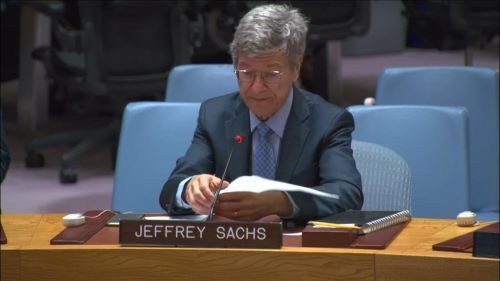

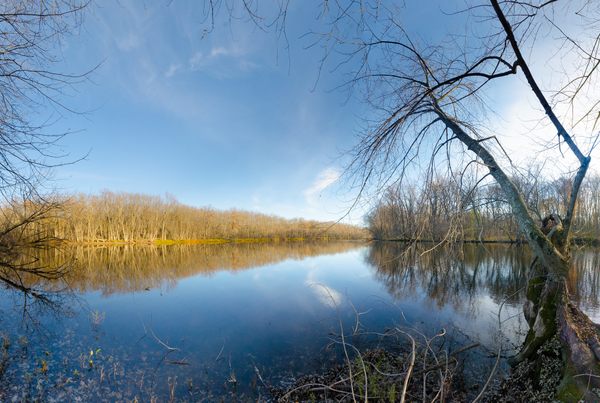


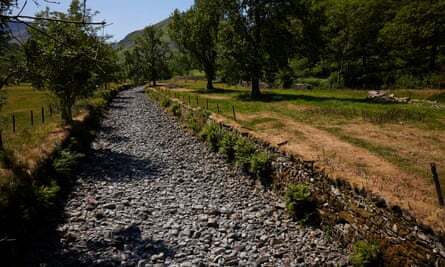

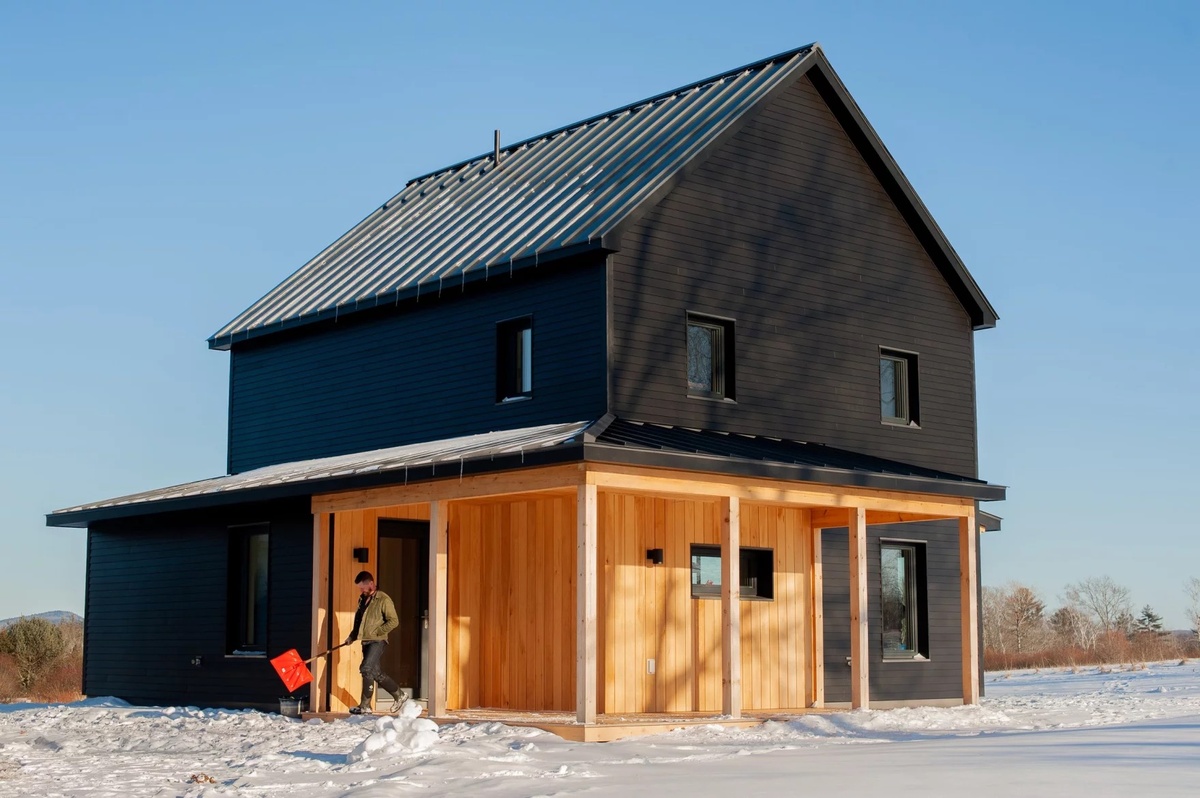
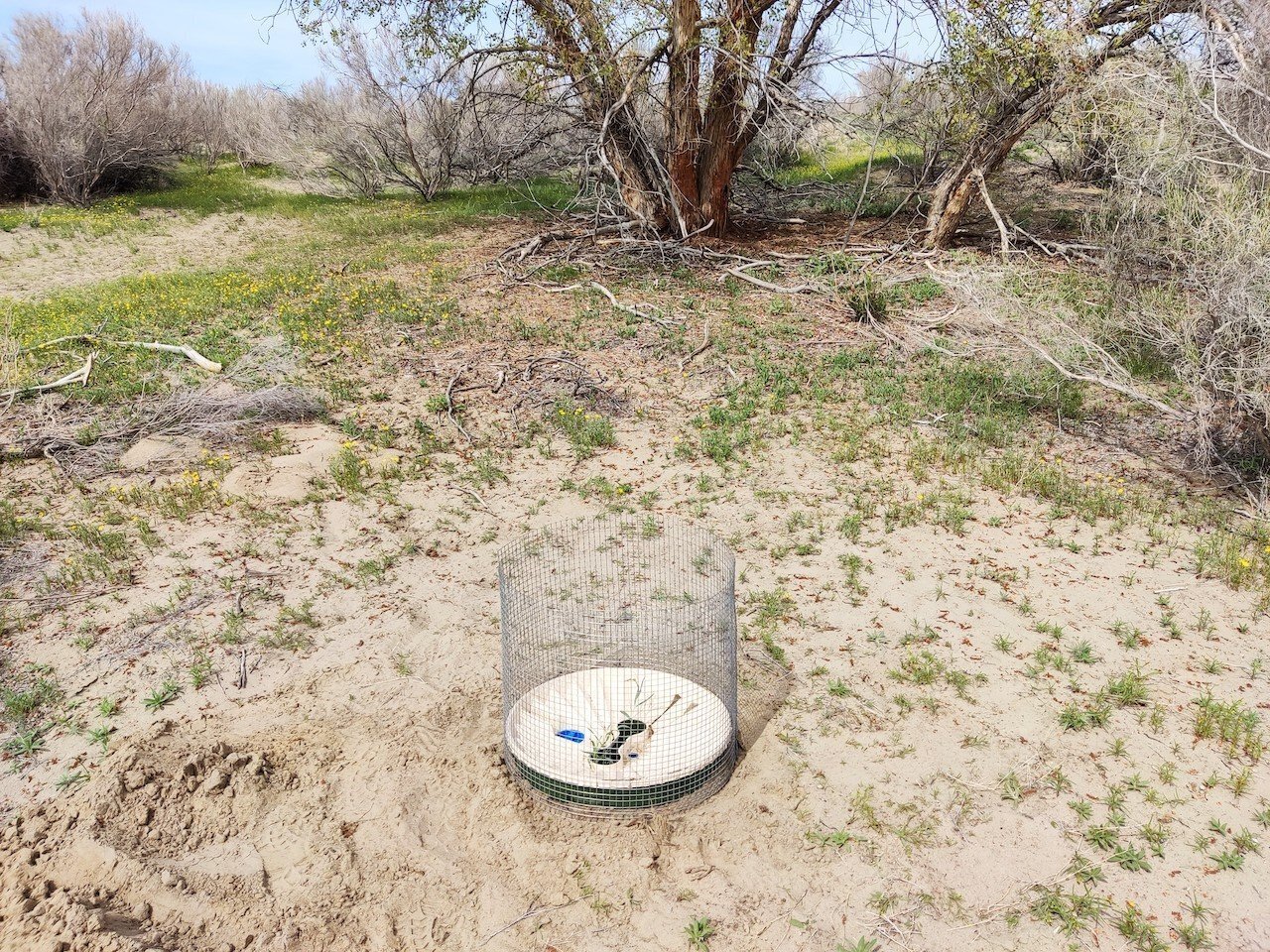
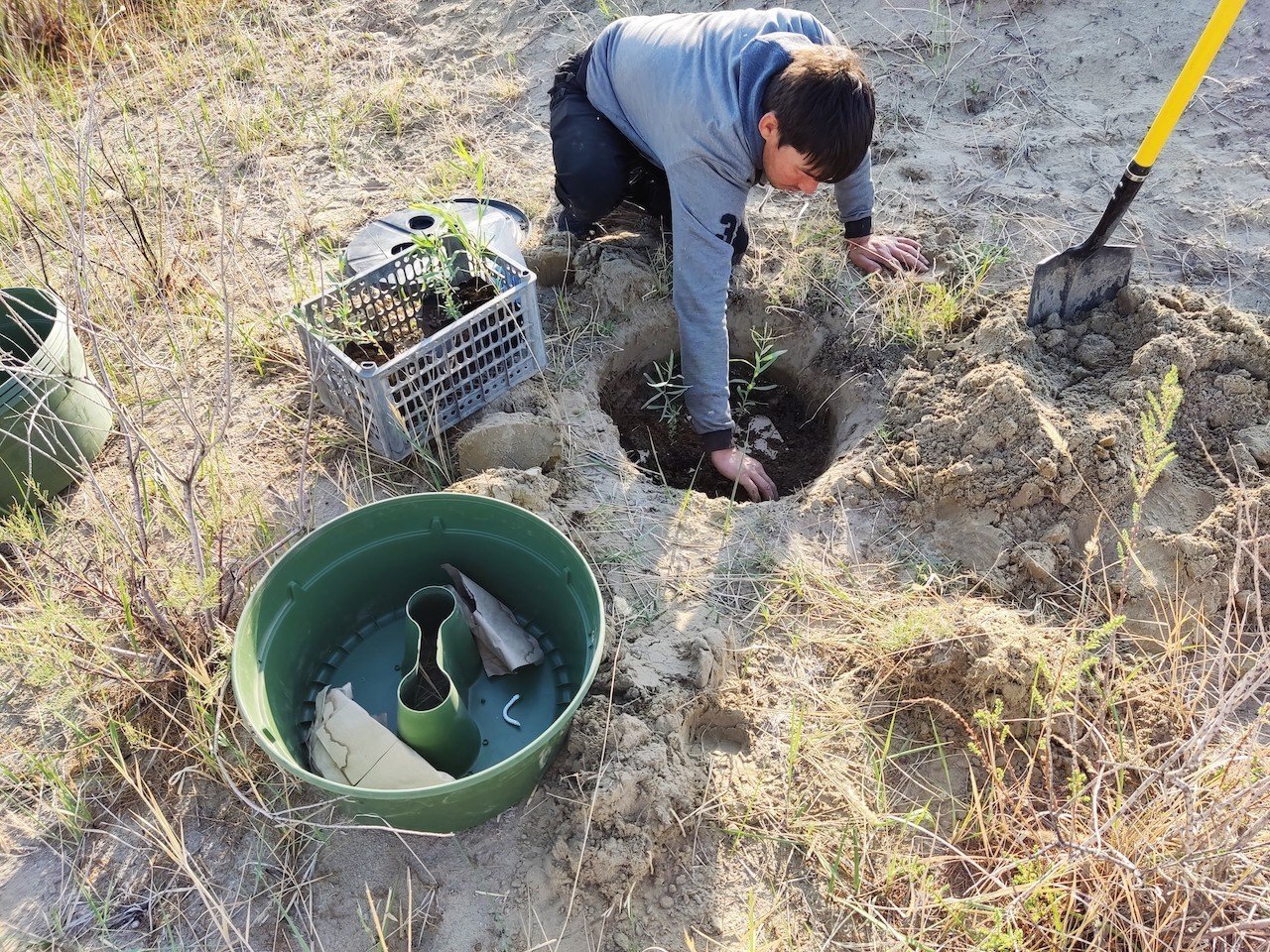
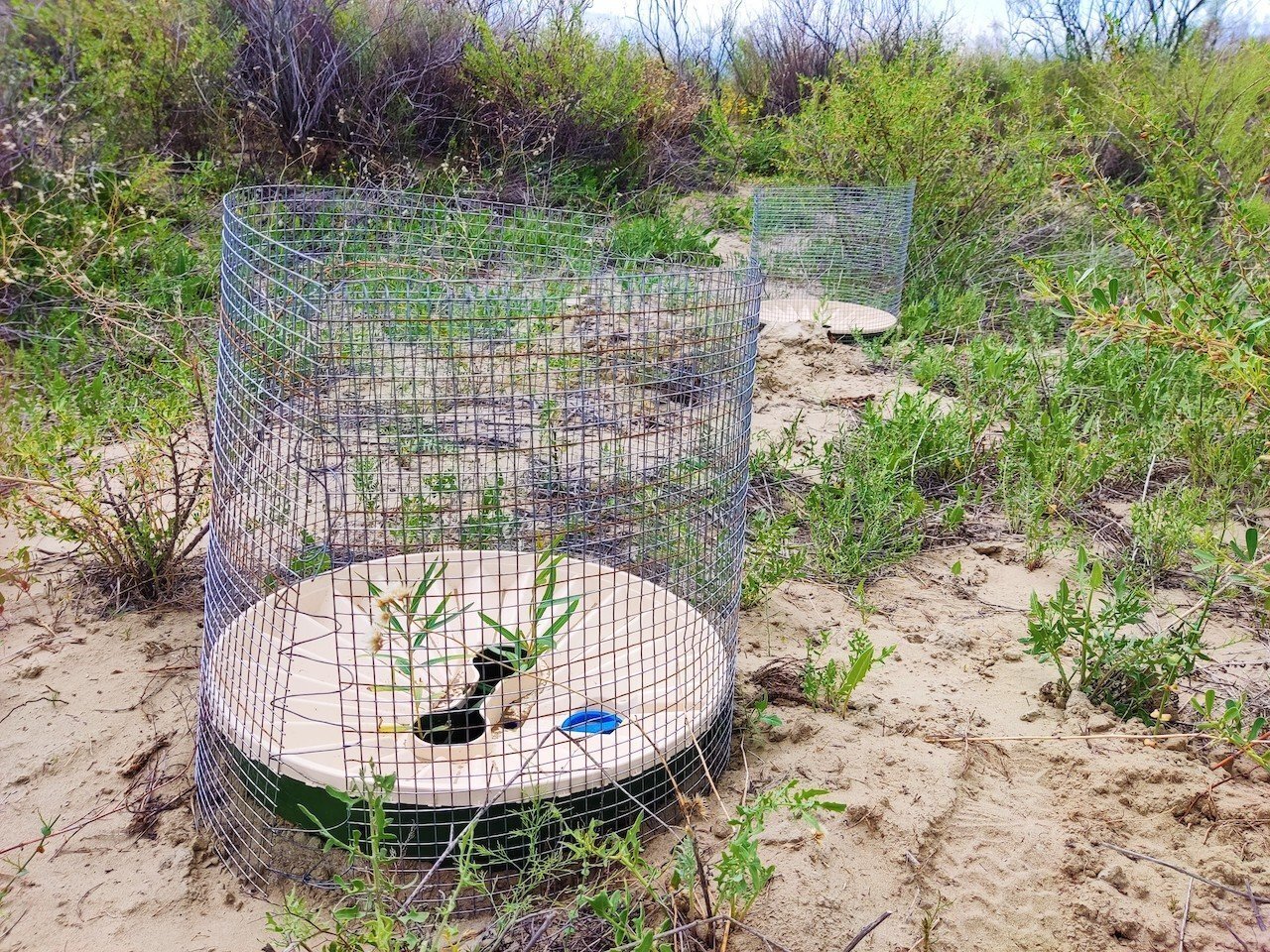
.jpeg)



